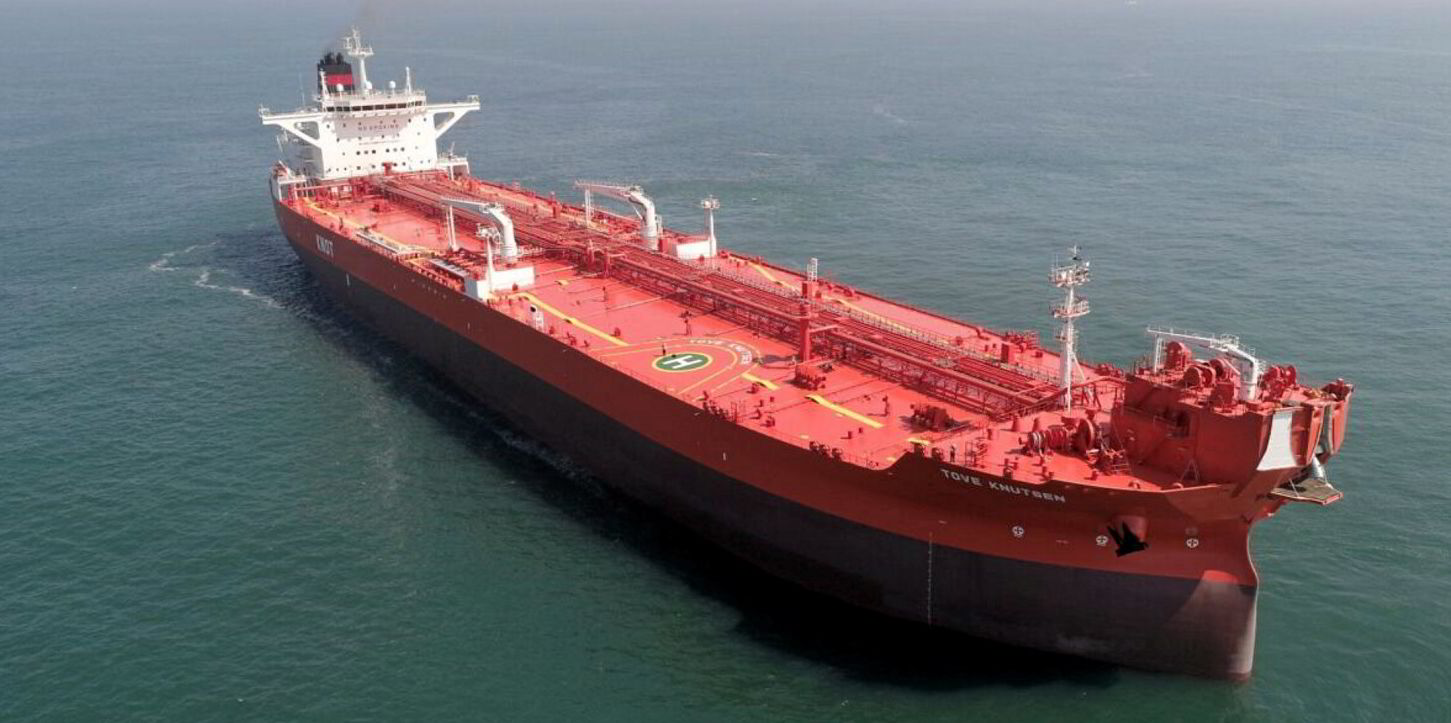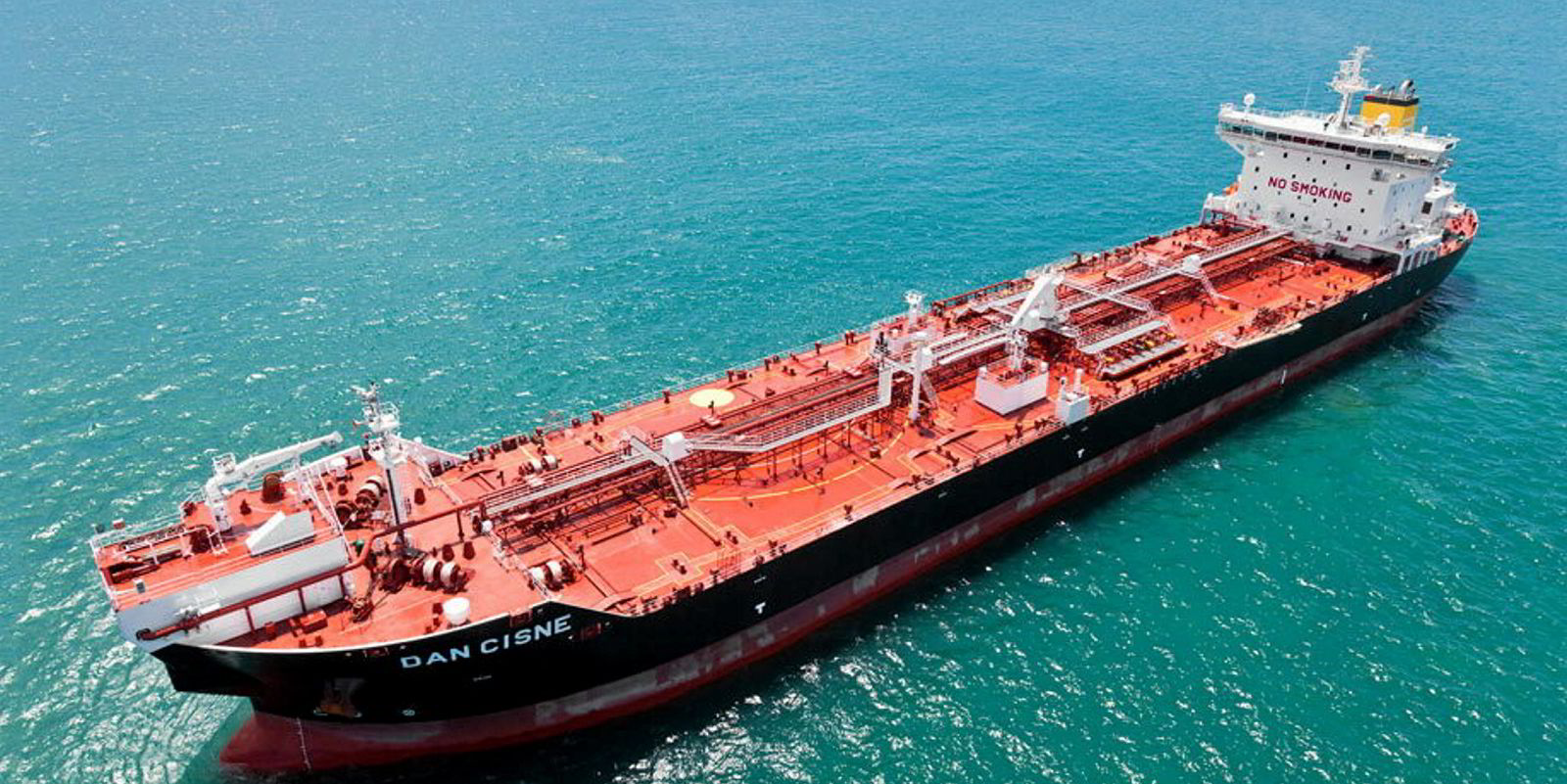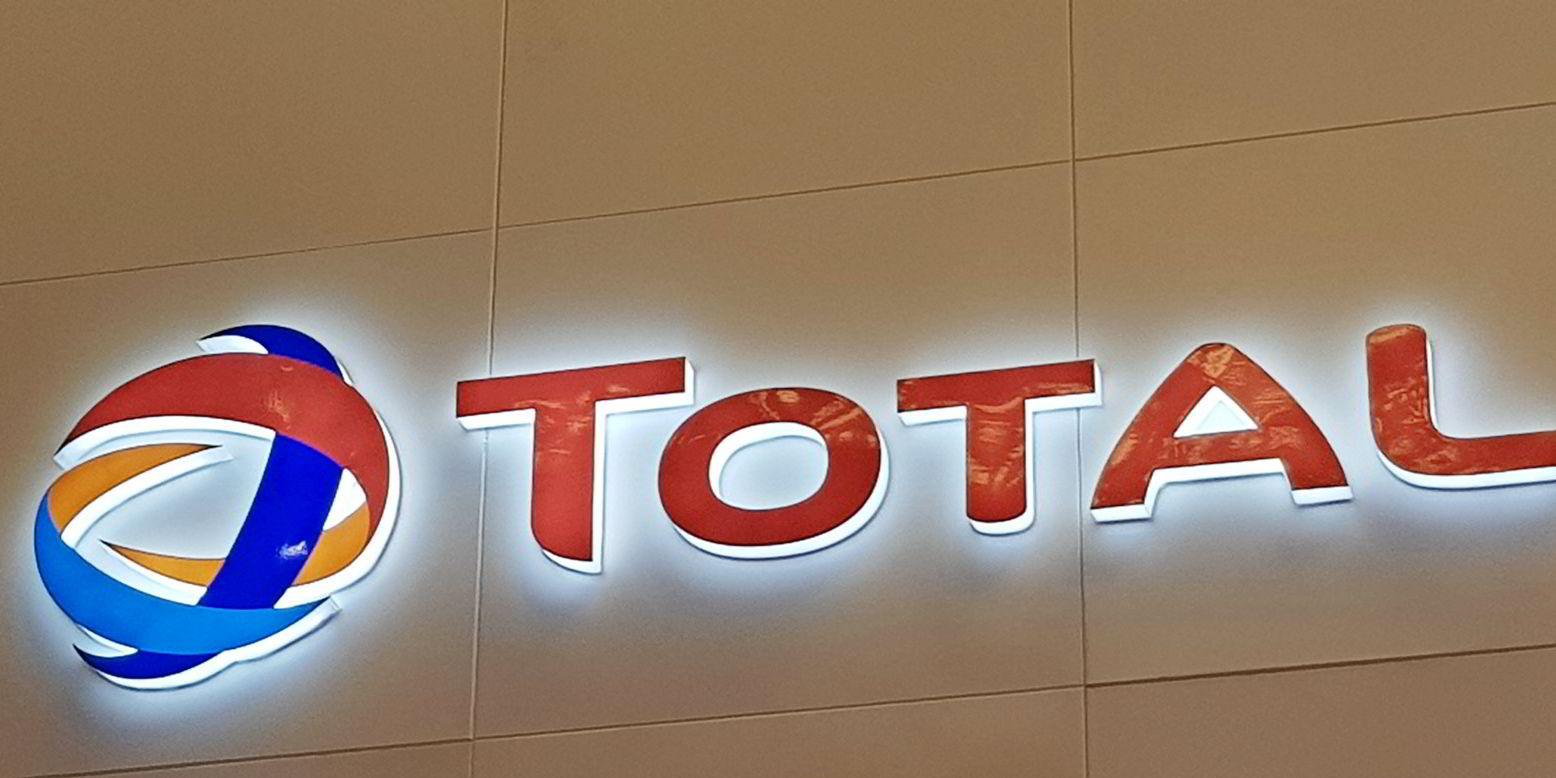KNOT Offshore Partners (KNOP) says it may switch some of its shuttle tankers to the conventional tanker market to offset weak prospects in the North Sea.
The delayed resumption of activity in the North Sea, in particular in the Norwegian sector, is said to be dampening shuttle tanker demand and charter rates where four of KNOPs vessels typically operate.
“We believe this situation could persist in 2023 with demand for shuttle tankers remaining below the levels of available tonnage,” the shipowner said.
“Over several quarters, we expect the market to rebalance as we see our customers moving forward with offshore projects that were postponed or delayed, as countries increasingly prioritise oil production due to high oil prices and energy security concerns and as some older vessels also naturally exit the shuttle tanker market.”
In the meantime, KNOP said for any North Sea vessels that are unable to secure a suitable third-party time charter contract conducting offshore loading activities, it will look to employ such vessels in the conventional tanker market.
But it said this will only be done if “appropriate opportunities can be found, based on market rates, and taking into consideration potential exposure to significant off-hire time between voyages, and fuel and repositioning costs associated with this type of employment”.
KNOP said despite strong headline rates, the all-in returns from conventional tanker employment may be “insufficient once utilisation and fuel costs are considered”.
Looking out beyond 2023, KNOP said it believes the mid-term market environment will provide additional employment prospects across its fleet based upon the committed capital expenditures of offshore oil producers in both the North Sea and Brazil, as well as the limited shuttle tanker supply growth in the coming years.
“However, in this near-term period of heightened uncertainty, we are working hard to secure additional charter coverage that supports our short-term cashflows and reinforces our balance sheet, without jeopardising our ability to participate in the longer-term shuttle tanker opportunities that are the core of our business,” the company added.
In contrast, high oil production seen in Brazil continued in the third quarter and KNOP said it expects that this will continue into the foreseeable future as additional low-cost production capacity comes online during 2023 and beyond.
“As such, we believe that demand for shuttle tankers in Brazil, where 14 of our vessels typically operate, will also strengthen in 2023 and continue into the mid and long term, aided by a multi-year pipeline of investment in new FPSOs and related production infrastructure, as well as the lack of new shuttle tanker tonnage available to enter the Brazilian market before 2025,” KNOP said.





